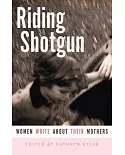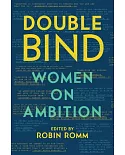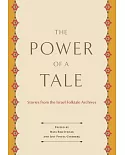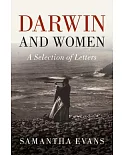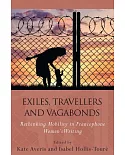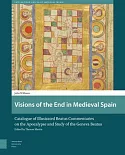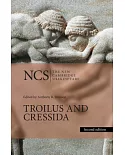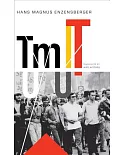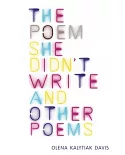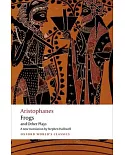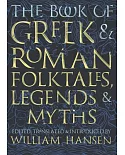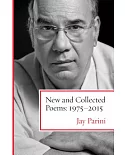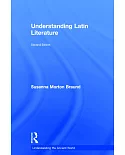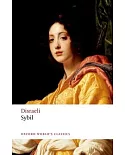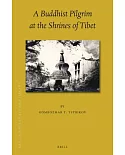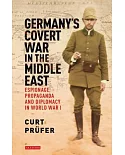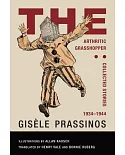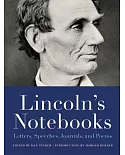’I have called my poem historical, not epic,’ John Dryden explained in the dedication to his panegyric Annus Mirabilis, ’though both the actions and actors are as much heroic, as any poem can
contain.’While it’s unlikely that any critic today would class Annus Mirabilis with Paradise Lost and the Iliad, it seems remarkable that the poem’s other purposeits role as ’an historical
poem’has so sharply receded from view. Historical Literatures recovers the forgotten historiographical element in works like Dryden’s, surveying some of the many different forms in which
Restoration and early-eighteenth-century writers represented their nation’s past. In the process, it reveals that many of the genres we now view primarily as ’literary’verse satire and
panegyric, memoir, scandal chroniclewere also being used to represent historical phenomena. Like Dryden, many Restoration and early-eighteenth-century writers made their choice of historical
subject matter into an explicit topic for discussion, presenting themselves as historians or describing their works as contributions to an English historical tradition. Working outside the
boundaries of formal historical narrative, writers like Andrew Marvell, Daniel Defoe, Delarivier Manley and John Evelyn were able to develop new techniques for representing the past, ultimately
changing the way that their contemporaries understood recent history and the history of the individual.


